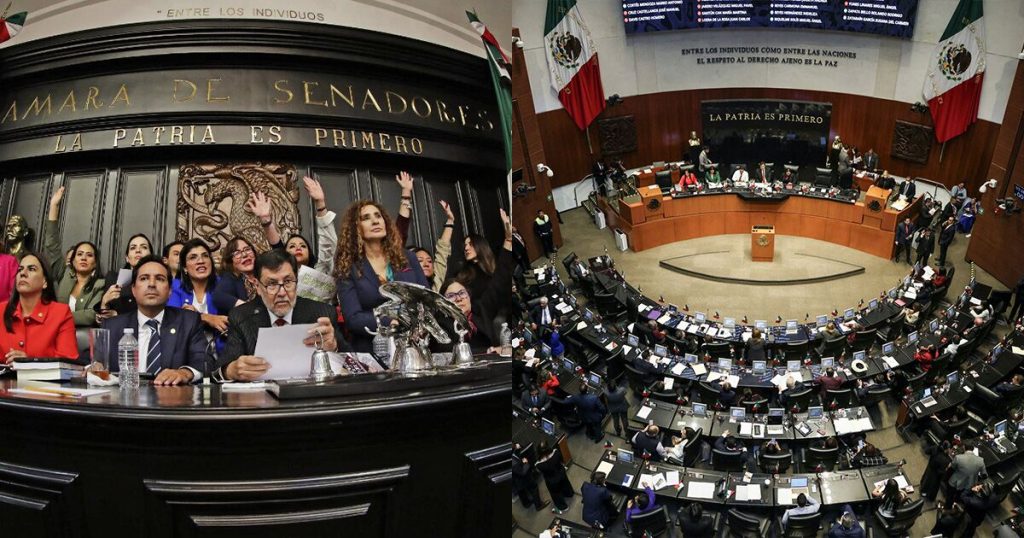HAVANA, Cuba. – A job offer published by the MSME Econova Surl has caused a stir. It is a hospital cleaning business that offers salaries to floor cleaners much higher than those of a doctor, even several times higher than what any manager or first-level official earns monthly in the Ministry of Public Health itself.
The note has gone viral on social networks, and as a revelation that exposes the crooked way in which the Cuban economy actually “works” inside, it has provoked the wrath of the Cuban regime which, in the absence of a denial, has reacted by blocking and reporting some of those accounts that have replicated the announcement critically, as the matter not only uncovers an “irregularity” that some would like to make us see as a “singularity”, when in a concrete way, and without nuances, it appears like pure corruption.
Although we should always look for the roots of these “singularities” of the Cuban system in its corrupt nature, this is not the typical imbalance or “distortion” that exists when we compare the very high monthly income of a taxi or bus driver, of a parker , even a waiter, a street vendor in a portal, with the insufficient monthly income of a surgeon, an orthopedist or a dentist who, compared to other professionals – such as engineers, lawyers, professors university students who work exclusively in state positions—obtain much higher salaries, according to the general tabulators established by the Ministries of Labor and Social Security, and the Ministry of Finance and Prices.
Analyzed from the point of view of an inverted salary pyramid, where some non-professional trades and services are better paid than any highly qualified professional activity, the notable salary imbalance between the cleaning staff managed by the MSME in question and the doctors paid by the health system of the Cuban regime, would be framed in that “upside down world”, but in reality it is essentially a different phenomenon, related to the corruption prevailing in the Ministry of Public Health itself, which uses such “distortion” to camouflage lucrative practices.
The labor exodus in the health system is a phenomenon that affects the quality of services and It is even publicly recognized by the regime itself. But it is not only about doctors, nurses and technicians who give up their practice due to low salaries and poor working conditions but, above all, about service personnel who, due to their scarcity, face working hours of more than 12 hours a day. , to multi-jobs and payments that generally do not exceed 10 dollars per month.
As a consequence, every day the state of hospital facilities has become deplorable. The deterioration of hygiene is evident and general in bathrooms, hallways, consultation rooms, admission rooms, food processing centers, laboratories, guard rooms and even in outdoor areas.
Faced with such a panorama, the actions of the Ministry of Public Health have not been aimed at stimulating the recruitment of personnel for sanitation work with better salaries, at allocating the necessary budget to retain the workforce, but at ignoring the disagreements and complaints of the own personnel, appealing to external contracts assumed by the so-called “non-state economic actors” who, paradoxically, receive payments per hired man up to 10 and 20 times greater than what is received by an employee of payroll.
A solution that at first glance seems absurd, since it should be more profitable for an institution to double or triple a worker’s salary than to pay 10 times its value to an external company, but the decision makes sense when the mechanisms are known. corrupt methods used by officials of the Human Resources departments to award contracts to the highest bidder.
“A real worker on a payroll is not business; a worker hired by a MSME, yes,” says Lorenzo, an official from the Public Health Directorate of Havana who explains in detail, under the condition of not revealing his identity, what the business of hiring external personnel consists of.
“[Con las mipymes] For those in Human Resources, the problem of inflating payrolls to pocket salaries of fictitious workers was solved. That was a candle because of how easy it was to detect in an audit. Now they earn much more by reaching agreements with the owners of the MSMEs. They give them a good commission for choosing them and not others (a commission that comes out of the amount approved to pay the MSME for cleaning services). This is also the case with MSMEs that install air conditioning, construction repairs, equipment maintenance, etc.,” details the official, who insists on the corrupt nature of the mechanism and the knowledge of it that Health managers have. at the national level.
“Even the minister knows that, that behind the contracting of services to MSMEs a big business has emerged, that those in Human Resources keep a good part of the budget allocated to these contracts and, the worst thing, is that in the end not even “They don’t even provide quality services, there are no differences in whether the cleaning is done by a MSME, which charges the institution more than 200,000 pesos monthly, and a payroll worker who doesn’t even reach that figure in 10 years,” Lorenzo denounces. .
A similar vision, which corroborates the previous information, is offered by Marta, a worker in the Human Resources Department of a maternity hospital in Havana where the modality of external contracting for maintenance and hygiene tasks is beginning to be implemented.
Although he accepts that he has received bribes from several MSME owners and even his immediate boss so that, in his own words, “he should keep his mouth shut and look the other way,” he confesses that what he received is almost nothing compared to the thousands of pesos that other Management workers receive monthly for hiring, a chain of corruption that, he suspects, could reach “to the top.”
“It is so obvious [la corrupción] that without a doubt that reaches the top, even the director of the hospital knows that,” says Marta. “About two months ago, almost a million pesos was approved for the maintenance of refrigeration equipment in the kitchen and the repair of two rooms; This has not yet been executed nor is it ever planned to begin. Not even because that budget was approved by the Ministry. I already gave two checks to the contracted MSME, they have already been cashed, and in that hospital there is not a single bag of cement, the refrigerators and rooms remain as they were a thousand years ago, and no one has seen a single worker from the brigades. But my boss already has an electric motorcycle and the director is repairing his house,” Marta concludes.
For his part, Moisés, a former Maintenance employee of the National Hospital and currently a worker at a construction repair MSME, which only works under contracts with state companies, reports that he decided to join this private venture as a painter after he witnessed firsthand the advantages. that I would get.
“At the hospital, all the Maintenance people asked for leave, I was the only one left doing everything, I was the orchestra man,” says Moisés. “I painted, did sheet metal, did plumbing, and in the end I earned 6,000 pesos a month.” [menos de 20 dólares al cambio actual]and that because I received two salaries, the one that belonged to me and another that they paid me on the left (…). One day I see that they bring in a MSME to repair a block of the hospital and one of the workers tells me that they were going to pay him 20,000 pesos to paint three or four walls, so I left right away (…). It’s just that the Personnel [Recursos Humanos] it is convenient for them that people [los trabajadores de la plantilla] they leave, because when they hire a MSME they receive a lot of pesos. I left with the same MSME that they contracted with,” Moisés said. Likewise, she details that her husband, who worked as a nurse in the same hospital, currently belongs to a private cleaning brigade that provides services to hospitals, nursing homes and any state institution that hires them.
“Leonardo left too. He now earns 20 times more than what he earned as a nurse. He goes in the morning, cleans a little, and after noon he is already at the house. Don’t think they do a special job, it’s not a MSME where he is, it’s him and about eight other people, like two hospitals and a nursing home to clean, but that’s just going, passing the quilt and that’s it. Because the boss’s profit is not in leaving it as a crucible but in the contract he makes with the hospital,” says Moisés.
After the call for jobs from the MSME Econova Surl was published, which perhaps unintentionally has put up for public debate a sensitive issue that goes beyond the low salaries of the state sector and that sheds light on the dark recesses of hiring and its interconnection With a corrupt system, the salary pyramid that until yesterday seemed inverted, upside down, now begins to be seen as it really is, and less than a pyramid it seems more like a crooked creature.















